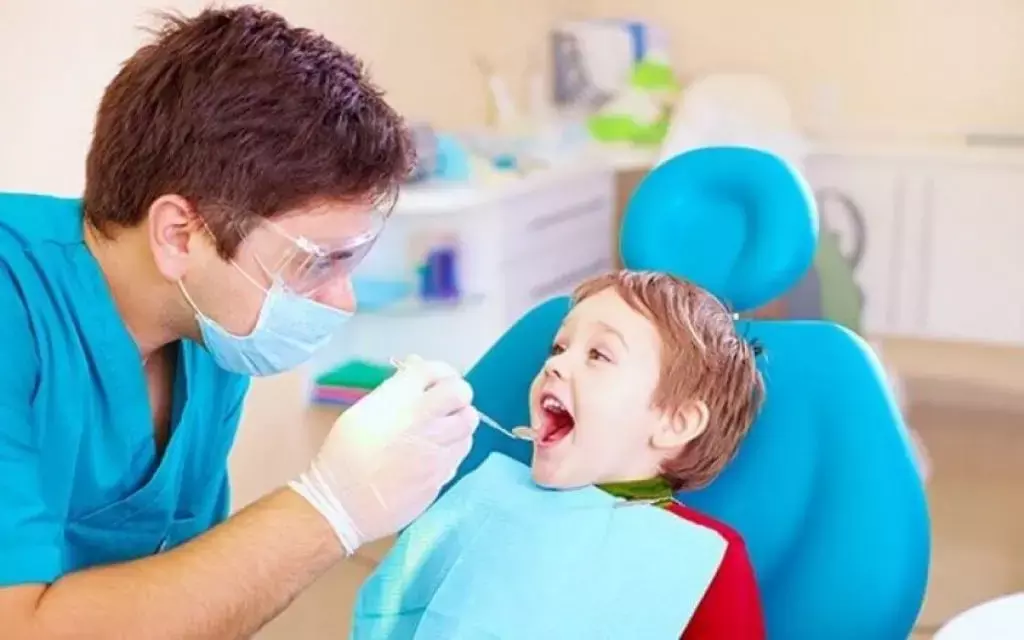- Home
- Medical news & Guidelines
- Anesthesiology
- Cardiology and CTVS
- Critical Care
- Dentistry
- Dermatology
- Diabetes and Endocrinology
- ENT
- Gastroenterology
- Medicine
- Nephrology
- Neurology
- Obstretics-Gynaecology
- Oncology
- Ophthalmology
- Orthopaedics
- Pediatrics-Neonatology
- Psychiatry
- Pulmonology
- Radiology
- Surgery
- Urology
- Laboratory Medicine
- Diet
- Nursing
- Paramedical
- Physiotherapy
- Health news
- Fact Check
- Bone Health Fact Check
- Brain Health Fact Check
- Cancer Related Fact Check
- Child Care Fact Check
- Dental and oral health fact check
- Diabetes and metabolic health fact check
- Diet and Nutrition Fact Check
- Eye and ENT Care Fact Check
- Fitness fact check
- Gut health fact check
- Heart health fact check
- Kidney health fact check
- Medical education fact check
- Men's health fact check
- Respiratory fact check
- Skin and hair care fact check
- Vaccine and Immunization fact check
- Women's health fact check
- AYUSH
- State News
- Andaman and Nicobar Islands
- Andhra Pradesh
- Arunachal Pradesh
- Assam
- Bihar
- Chandigarh
- Chattisgarh
- Dadra and Nagar Haveli
- Daman and Diu
- Delhi
- Goa
- Gujarat
- Haryana
- Himachal Pradesh
- Jammu & Kashmir
- Jharkhand
- Karnataka
- Kerala
- Ladakh
- Lakshadweep
- Madhya Pradesh
- Maharashtra
- Manipur
- Meghalaya
- Mizoram
- Nagaland
- Odisha
- Puducherry
- Punjab
- Rajasthan
- Sikkim
- Tamil Nadu
- Telangana
- Tripura
- Uttar Pradesh
- Uttrakhand
- West Bengal
- Medical Education
- Industry
Concentrations of proinflammatory cytokines correlated with presence of oral pathogens and gingivitis

Salivary cytokines are positively correlated with age and the presence of oral pathologies and gingivitis, according to a recent study published in the Scientific Reports
Human saliva is a complex fluid containing proteins such as salivary cytokines, which can be used for diagnostic purposes, particularly among the pediatric population.
Cytokine concentrations are measurable in several body fluids, tissues, and cells for diagnostic or prognostic purposes1. Human saliva is a complex fluid that has gained recent interest as a diagnostic sample to detect cytokines. In paediatrics, the use of blood cytokines for diagnostic purposes has most commonly been studied in systemic diseases such as neonatal sepsis, tuberculosis, pneumonia, and neuroinflammatory as well as rheumatological diseases. Salivary cytokines were further assessed as diagnostic biomarkers for oral conditions such as caries, gingivitis, and periodontitis
This study aimed to assess the concentrations of salivary cytokines in healthy children and adolescents and determine their associations with age, sex, and oral and dental findings.
Healthy children and adolescents aged 4–18 years were enrolled in this cross-sectional study. The concentrations of the following salivary cytokines were measured by Luminex technology: IFN-γ, IL-1α, IL-1β, IL-4, IL-5, IL-6, IL-8, IL-10, IL-13, IP-10, TNF-α, and VEGF-A. Additionally, oral and dental parameters were recorded using a standardized protocol.
The results of the study are as follows:
A total of 128 participants (mean age, 10.7 years; males, 50.8%) were enrolled.
- The levels of 1β, IL-6, IL-8, and IL-10 were significantly higher in those with gingivitis.
- Increased salivary flow rates were negatively correlated with IL-1α, IL-1β, IL-6, IL-8, IL-10, TNF-α, and VEGF-A concentrations.
Thus, the findings of this study showed that the concentrations of most of the salivary cytokines were positively correlated with age and the presence of oral pathologies (such as gingivitis and caries) and negatively correlated with salivary flow rate.
Reference:
Rinderknecht, C., Filippi, C., Ritz, N. et al. Associations between salivary cytokines and oral health, age, and sex in healthy children. Sci Rep 12, 15991 (2022). https://doi.org/10.1038/s41598-022-20475-2
Dr. Shravani Dali has completed her BDS from Pravara institute of medical sciences, loni. Following which she extensively worked in the healthcare sector for 2+ years. She has been actively involved in writing blogs in field of health and wellness. Currently she is pursuing her Masters of public health-health administration from Tata institute of social sciences. She can be contacted at editorial@medicaldialogues.in.
Dr Kamal Kant Kohli-MBBS, DTCD- a chest specialist with more than 30 years of practice and a flair for writing clinical articles, Dr Kamal Kant Kohli joined Medical Dialogues as a Chief Editor of Medical News. Besides writing articles, as an editor, he proofreads and verifies all the medical content published on Medical Dialogues including those coming from journals, studies,medical conferences,guidelines etc. Email: drkohli@medicaldialogues.in. Contact no. 011-43720751


